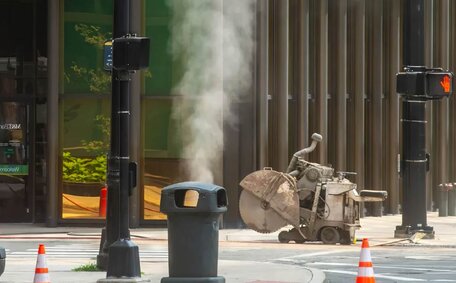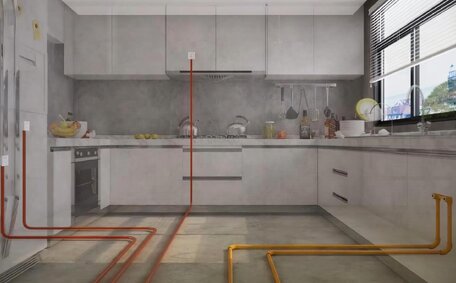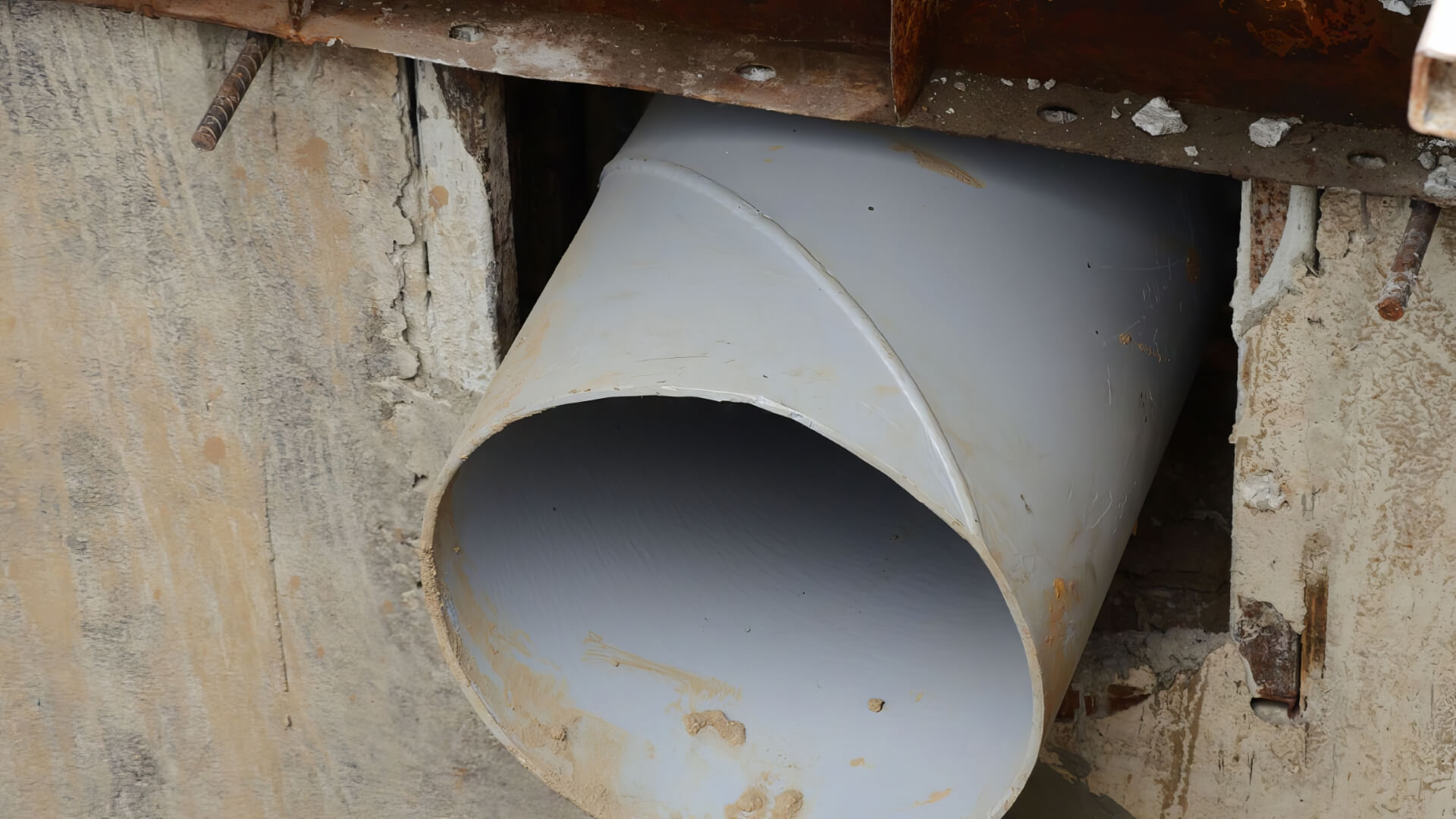Introduction to Pre-emptive Plumbing Inspections
Regular plumbing and pest inspection services serve a crucial preventative purpose, safeguarding homes against drainage blockages, water leaks and other issues that can lead to structural damage or unhealthy living conditions if left unchecked. Professional plumbing inspections, much like regular health check-ups, preemptively identify potential issues to prevent costly emergency repairs later on.
Rather than waiting for a catastrophe like a burst pipe or sewage backup, pre-emptive assessments determine whether your plumbing is ageing, faulty or prone to problems. A comprehensive inspection includes a review of critical systems such as drains, waterlines, gas lines, hot water units, gutters and downpipes, as well as sewer and stormwater connections.
Advanced diagnostics like camera inspection also check for tree roots intrusions, cracks and corrosion.
Thorough inspections that detect minor leaks or drainage issues can prevent substantial problems in the future.
A property inspection preserves the value of your property, reduces the risk of water damage mould and contamination, and gains peace of mind knowing your plumbing system is sound. Ensure the safety of your family and the security of your investment by incorporating a comprehensive prepurchase plumbing inspection into any new home purchase or renovation; contact us to arrange it promptly.
Why Regular Plumbing Checkups Matter
Annual plumbing drain system inspections provide multi-faceted protection for homeowners. Rather than reacting to issues, proactive checkups identify problems in early stages before they escalate into disasters.
Getting your plumbing system assessed routinely by a licenced professional has many benefits, including:
- Detecting and addressing leaks, clogs and other issues early, when repairs are simpler and more affordable
- Preventing water damage or contamination from undetected leaks
- Extending the lifespan of appliances like your water heater by catching problems sooner
- Securing peace of mind knowing your plumbing is functioning properly with no hidden issues present
- Supporting preventative maintenance to avoid emergency callouts down the track
Common household plumbing issues like blocked drains, dysfunctional taps and dripping fixtures can often be traced back to underlying causes that could have been addressed earlier with routine inspections. Don’t wait until there’s a problem - be proactive.
What Plumbers Look for During Inspections
When a professional plumber can perform an inspection, they conduct a methodical, detailed examination of all elements such as those involved in water supply, drainage and gas systems. This includes visually assessing pipework and fixtures for leaks, damage or faults as well as utilising diagnostic tools to check integrity and performance.
To thoroughly execute a drain inspection, plumbers will run a CCTV drain camera through pipes to identify any breaches, obstructions, root ingress or joint misalignments.
Plumbers use high-powered water jets to remove debris and assess the efficiency of drainage flow.
Evaluating water pressure at various taps reveals potential restrictions in hot and cold supplies, with any decrease indicating developing issues that may necessitate repairs.
Along with gas lines, drainage pipes are also checked for integrity using detection equipment.
A professional plumber’s inspection harnesses technical expertise and specialised tools to provide an in-depth analysis of your entire plumbing system, detecting early faults or confirming structural integrity.
Detecting Issues Before They Become Emergencies
Routine plumbing inspections can reveal issues that may escalate into serious problems, thus providing you with peace of mind. Dripping taps, sluggish drainage and other early warning signs are visually apparent for plumbers to spot and address.
More insidious problems hiding behind walls like pinhole pipe leaks often remain invisible until extensive water damage is done. Specialised tools such as drain cameras are essential to detect developing faults in hidden plumbing.
Inspection may also reveal shortcuts taken during previous repairs, like leaky joints hastily patched rather than properly replaced. Water stains on walls or ceilings can be signs damage from leaks, but fresh paint can also mask underlying problems - so don’t rely on appearances alone.
Neglected minor issues within your water system can lead to significant bathroom damage, structural deterioration and mould infestation. Don’t gamble on lingering issues - scheduled inspections provide the best assurance that your systems won’t suddenly fail when you least expect it.
Saving Money Through Preventative Maintenance
When it comes to household budgeting, few expenses elicit groans like emergency plumbing repairs. Burst pipes, blocked drains, sewer backups and faulty water heaters often strike with little warning, demanding urgent attention regardless of cost.
Periodic plumbing and sewer system checkups offer cost-effective protection against unexpected emergencies. Prompt identification and repair of minor faults can save homeowners from costly disasters down the line. A comprehensive plumbing review is among the most effective strategies, given that over 90% of homes have issues that can quickly escalate if unnoticed.
Preventative maintenance checks act as a vital form of home inspection, reviewing all plumbing components and identifying problems while they are still manageable and inexpensive to repair. Repairing a tiny pinhole pipe leak costs under $150 - rebuilding an entire room damaged by leakage runs into the thousands. Early clearing of simple drain obstructions similarly dodges massively inflated emergency unblocking charges.
Consider routine inspections an essential type of property and building inspection, helping to insure against catastrophic failures in the future. The relatively low cost of a thorough inspection and basic maintenance greatly lowers the risk of incurring higher expenses from overlooked issues. You save money overall by routinely confirming your plumbing’s operational health.
Questions to Ask Your Plumber During an Inspection
Use the opportunity of a professional plumbing system inspection to ask key questions and leverage the plumber’s expertise. An inspection report delivers technical facts, but thoughtful queries elicit insights to determine next steps.
Seek clarification on any report terms or assessments you don’t understand, especially regarding potential future concerns that may involve the electrical aspects of your plumbing. If repairs or replacements are recommended, request clear explanations why and discuss options within your timeline/budget.
Ask what specific problems or risks concern them most about your current setup. Knowing which issues to prioritize can direct maintenance or upgrade decisions to prevent minor problems from escalating.
Inquire about signs of wear, fatigue or inadequacies that, while not immediate threats, may cause future trouble if neglected further. Address these early rather than reacting later during failures.
Discuss ways you can improve everyday usage or habits to extend your plumbing system’s longevity between professional servicing. Recommendations to regulate water pressure or modify drainage practices can reduce the strain on the system.
Ask your plumber to identify parts nearing replacement due timeframes and discover more about creating a multi-year maintenance plan so you can budget/schedule upcoming work proactively.
Maintaining Plumbing Integrity Over Time
To preserve your plumbing system’s integrity and avoid emergency repairs over time, homeowner vigilance coupled with regular maintenance is key. This involves monitoring for subtle signs of issues, practising preventative measures and scheduling periodic professional servicing.
Regularly check exposed pipes, fixtures, appliances and components such as manholes for drips, leaks or obstruction. Promptly address any gurgling drains, wet areas or erratic water pressure to prevent bigger problems. Consider installing leak detection devices that trigger alerts if plumbing breaches occur.
Adopt practices that minimize stress on drains and stormwater pipes, such as not disposing of fats/oils in sinks, spacing out laundry loads, and refraining from using herbicides near your stormwater system. Upgrading to water-efficient fixtures improves sustainability too.
Although DIY maintenance can handle tasks such as drain clearing and tap repairs, it is advisable to leave safety mechanism testing and pipe inspections to qualified professionals on a biennial basis. This supports longevity of your systems.
Heed advice to replace outdated or worn components to forestall failure. Consider whole-of-system upgrades using resilient materials that withstand decades of use with greater reliability than existing setups.
Diligently monitoring your plumbing, adopting smart household habits and engaging in regular professional maintenance tailored to your system ensures reliability and minimises surprises.
Contact a Professional Plumber Today
After reading about the critical preventative purpose served by comprehensive plumbing inspections, you likely realise there was immense value in investing in routine checkups of your home’s systems.
Don’t gamble on looming issues - contact our owned operated dedicated plumbing team of licenced inspection experts at Rouse Hill Plumbing to book a thorough evaluation of your plumbing’s health and functionality.
We implement detailed assessments with advanced diagnostics to identify early-stage faults, preventing costly emergencies. If problems exist, we’ll outline cost-effective solutions tailored to your situation.
Gain total confidence and peace of mind that your plumbing is structurally sound or tackle problems before you’re left wondering until it’s too late. Contact us and we’ll promptly respond to arrange your inspection.
Invest in the future safety of your dream home and enjoy peace of mind.






